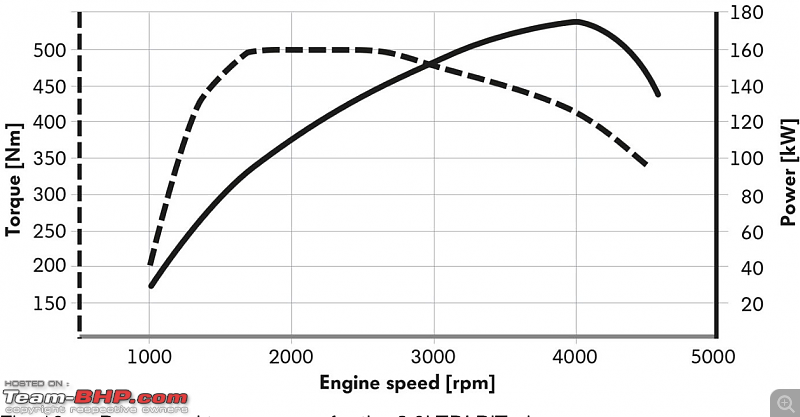| | #16 |
| BHPian Join Date: Feb 2006 Location: Bangalore
Posts: 900
Thanked: 2,896 Times
| |
| |  (2)
Thanks (2)
Thanks
|
| | #17 |
| BHPian Join Date: Aug 2022 Location: Pune
Posts: 87
Thanked: 149 Times
| |
| |
| | #18 |
| BHPian Join Date: Feb 2021 Location: Bangalore
Posts: 367
Thanked: 1,939 Times
| |
| |  (5)
Thanks (5)
Thanks
|
| | #19 |
| BHPian Join Date: Feb 2021 Location: Bangalore
Posts: 367
Thanked: 1,939 Times
| |
| |  (2)
Thanks (2)
Thanks
|
| | #20 |
| BHPian Join Date: Feb 2021 Location: Bangalore
Posts: 367
Thanked: 1,939 Times
| |
| |  (1)
Thanks (1)
Thanks
|
| | #21 |
| Senior - BHPian Join Date: Nov 2015 Location: Mumbai
Posts: 1,241
Thanked: 3,942 Times
| |
| |  (2)
Thanks (2)
Thanks
|
| | #22 |
| BHPian Join Date: Feb 2021 Location: Bangalore
Posts: 367
Thanked: 1,939 Times
| |
| |  (1)
Thanks (1)
Thanks
|
| | #23 |
| Newbie Join Date: Jan 2020 Location: Gurugram
Posts: 19
Thanked: 35 Times
| |
| |
| | #24 |
| Senior - BHPian Join Date: Mar 2019 Location: Kerala
Posts: 2,001
Thanked: 7,386 Times
| |
| |  (4)
Thanks (4)
Thanks
|
| | #25 |
| Senior - BHPian Join Date: Mar 2019 Location: Kerala
Posts: 2,001
Thanked: 7,386 Times
| |
| |  (4)
Thanks (4)
Thanks
|
| | #26 |
| BHPian Join Date: Feb 2017 Location: Pune
Posts: 60
Thanked: 116 Times
| |
| |
| |
| | #27 |
| Senior - BHPian Join Date: Sep 2019 Location: ó-
Posts: 2,769
Thanked: 8,653 Times
| |
| |  (1)
Thanks (1)
Thanks
|
| | #28 |
| BHPian Join Date: Nov 2018 Location: Navi Mumbai
Posts: 335
Thanked: 1,314 Times
| |
| |  (1)
Thanks (1)
Thanks
|
| | #29 |
| BHPian Join Date: Sep 2016 Location: Ajmer
Posts: 373
Thanked: 1,184 Times
| |
| |  (2)
Thanks (2)
Thanks
|
| | #30 |
| BHPian Join Date: Aug 2022 Location: Pune
Posts: 87
Thanked: 149 Times
| |
| |  (1)
Thanks (1)
Thanks
|
 |
Most Viewed





 :
: